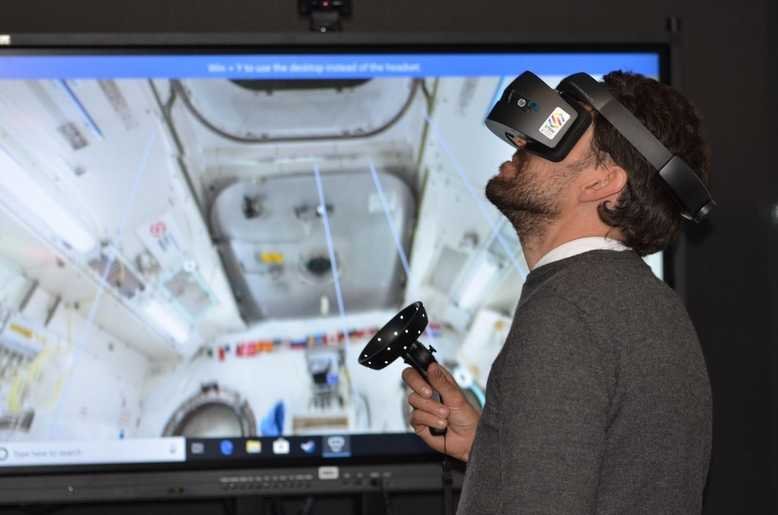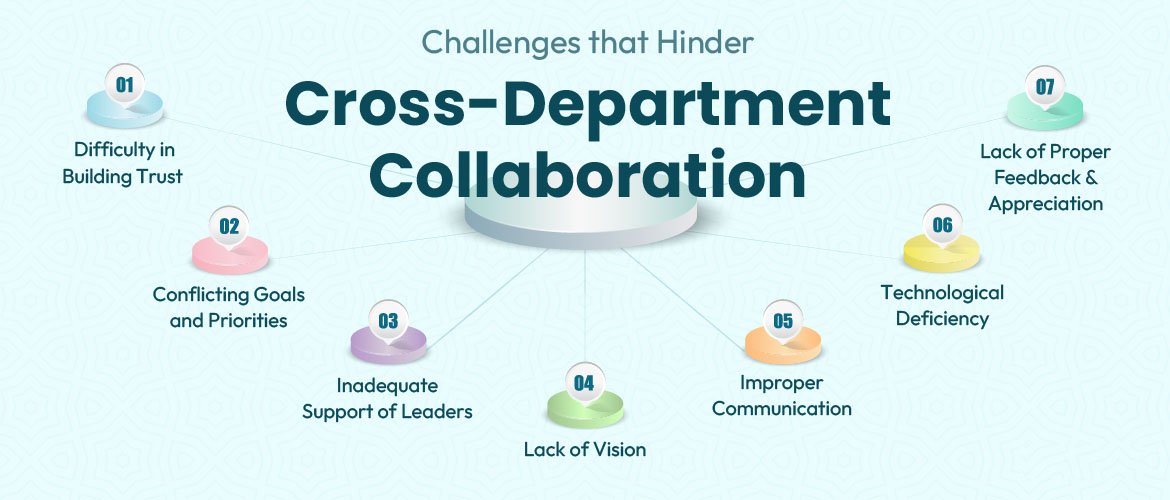Tech's Impact on Engineering: A New Revolution.
Engineering is a discipline that is continually changing due to technical developments that have a significant impact on how we live, work, and communicate with the rest of the world. So, to remain competitive and provide cutting-edge solutions in this period of rapid inventiveness, engineers must keep up with the most recent industry developments. In this write-up, get an idea of a few of the most important technological developments and how they have influenced the engineering sector.
IoT: Internet of Things
The method the systems and gadgets communicate with one another has been completely transformed by the Internet of Things. Data collection, evaluation, and remote control are made possible by the incorporation of sensors, actuators, and interconnectivity into a variety of items through the Internet of Things (IoT).
IoT is used in engineering for modern infrastructure, industrial digitization, energy management, and other things. It allows for real-time monitoring, proactive maintenance, and process optimization, which boosts productivity and lowers costs.
Machine learning (ML) and artificial intelligence (AI):
The engineering sector has seen strong adoption of AI and ML technology. These technologies are used by engineers to create automated systems, predictive analytics designs, and intelligent machines.
Engineering procedures are made more productive, high-quality, and secure because of AI and ML's powerful pattern recognition, data evaluation, and decision-making skills. AI and ML are revolutionizing the engineering environment through intelligent industrial systems and self-driving vehicles.
Automation and Robotics:
Automation and robots have changed several industries, including manufacturing, healthcare, farming, and more. Robots are being developed by engineers for difficult jobs, including installation, inspection, and potentially hazardous environment explorations. Automation improves efficiency, decreases human mistakes, and simplifies techniques. Cobots, or collaborative robots, are getting more common in sectors like healthcare and transportation, where they collaborate with people to increase efficiency and safety.
Additive manufacturing(3D Printing):
Prototyping, product improvement, and production procedures have all been transformed by additive manufacturing, also referred to as 3D printing. Complicated geometries and customizable parts can be made with fewer waste materials because of this technology. In the aerospace, automobiles, medical, and other sectors, engineers are using 3D printing. It facilitates increased design flexibility and creativity by shortening product development phases, lowering costs, and allowing on-demand manufacturing.
Renewable Energy Technologies:
Renewable energy technologies have become incredibly important as people's awareness of sustainable development and climate disruption has grown. Innovative methods for utilizing solar, wind, water power, and other renewable energy resources are being developed by engineers. Modern energy storage technologies, intelligent grids, and grid integration allow the effective use of renewable energy. This transition towards renewable energy encourages environmental sustainability and provides new career opportunities for engineers.
Data Analytics and Big Data:
Big data analytics is a result of the abundance of data in the current digital period. Modern data analysis tools and methodologies are being used by engineers to gain insights, improve procedures, and generate data-driven decisions. Predictive repairs, asset management, supply chain optimization, and other processes are made possible by big data analytics. It increases effectiveness, decreases downtime, and boosts performance generally across every industry.
Augmented and virtual reality:
Engineering design, education, and cooperation are being transformed by virtual and augmented reality platforms. Using digital information that is superimposed over the physical world, augmented reality can help with maintenance, restoration, and inspection chores. These innovations increase design precision, lower development expenses, and foster better teamwork and communication.
Conclusion
The engineering sector fosters innovation at the forefront of technological breakthroughs. Adopting these trends can enable engineers to provide innovative solutions, enhance workflows, and satisfy the changing needs of society.
To succeed in this fast-paced industry, engineering professionals must keep current, pursue ongoing education, and adjust to new technologies. Engineers may help create a brighter future and advance society as a whole by utilizing the power of emerging technologies.















